Who Will Write Our Histories?
The Vorthos is dead. They killed him with hammers made of gold.
I believe it was near the release of Kaldheim in February 2021 when Mike Linnemann claimed that the Vorthos was dead. I didn’t believe him. Paige Smith had just published an in-depth look at the mythology that influenced the set’s worldbuilding, Jay Annelli’s newly-printed book was proudly sitting on my shelf, Donny Caltrider was talking shop with a debut illustrator with promising potential, Ethan Fleischer was composing threads galore – What do you mean “dead?”
Soon thereafter, Magic entered its accelerationist era at maximum velocity, producing an unprecedented avalanche of new cards and sets and supplemental products. Planeswalking became Planesrunning became looking at Planes from planes – fasten your seatbelt, you have ten seconds until we enter a new zip code, and look at all those funny hats. Mike was right: by the time you realized that Adam Paquette did not paint The Three Seasons, but hand-carved the saga into a block of limewood, we were already donning our robes and zipping away to wizard school. 2021 became 2022 became 2023 in an instant, and what came of it, really?
Form has followed function: Magic (the card game) has become its own form of vaporware, a fleeting array of shallow references and nostalgia-bait that is largely dead-on-arrival, immediately irrelevant to whatever is up next. So has Magic media. I can think of exactly two published pieces this year that rose above the noise and contributed, in some form, to its history and culture. Maybe I missed something, but I can’t be everywhere all the time.
The first was an article written by user zoydraft called Cube Design and the Zeitgeist – a simple writeup with introspection and a true voice. I stumbled upon this piece while researching design theory to help me construct my first 540. It’s more profound than it seems, and it stuck with me.
The second was an e-zine self-published by Cary Thomas called “Players Just Like You.” In their words, “Players Just Like You is a history of the Gatherer comments and its community frozen in time. Explore the discussions, milestones, jokes, hazards, and wisdom through this curated collection of card comments.”
I was so inspired by this project that I had it custom printed and bound for my collection. It showcases the power of research and DIY archive curation. Download a copy and bask in the sometimes beautiful, sometimes prophetic, and sometimes unhinged comments of the era.
Articles from Wizards of the Coast published prior to a few years ago have been 404’d, with some arbitrary exceptions for select authors and content. If you want to read Matt Cavotta outlining Magic’s Style Guide from 2005, for example, you’ll have to manually search through MaxMakesMagic’s database on Github to find it. You won’t get images, but the text is preserved. Here, I’ll lend you a hand.
If it’s not yet obvious, the ramifications of WotC retroactively scrubbing all their articles from their own website means we are losing our history.
The plain reason for the erosion of written and printed media is lack of funds. Hipsters of the Coast is on indefinite hiatus. Star City Games has been bleeding staff for a few years. CoolStuffInc seems to still possess a robust group of contributing authors, but I just can’t bring myself to click on any of the low-calorie listicles they’re currently offering. I know a handful of these writers are better than whatever prompts they’re being assigned, and it kills me to think that this is the shit that sells. Or maybe it’s all they have time for. Even Magnus De Laval has slowed down, and Rands has stopped tweeting altogether.
Perhaps everyone flocked to YouTube? Isn’t that where all the ad money is?
The Lorebrarians have a backlog of videos that I occasionally use as secondary sources for research. Recent uploads, however, show a gradual heel-turn away from Magic in favor of larger franchises with bigger viewerships. It’s not difficult to imagine the team eventually abandoning the cards en route to becoming the next VaatiVidya. Luckily, Ryan Gomez is keeping up with recent sets, but staying current requires endurance and speed. This treadmill is set to world-record marathon pace. Beyond these channels, who is there? Disparate one-offs, like this excellent video on Hurloon Minotaur by Shivan Library come up from time to time.
Tavis King is doing the Lord’s work to an under-appreciated audience. As are Cedric Phillips and Patrick Sullivan with The Resleevables; to speak nothing of grinder history. Mercoledì Magico is invaluable as long as you speak Italian. After that, the cliff falls off rather quickly, as far as I can tell.
So who is writing our histories?
I mean that rhetorically, of course, but I also want answers. Who is contributing to Magic history and culture that is otherwise unknown, unseen, and drowning in the noise? Who are the diamonds in this digital rough? I want to know. Aside from my ongoing article series called SIGNAL PEST that seeks to highlight these folks, I also maintain a document of important Magic articles, websites, videos, podcasts, and people on my desktop. One of the greatest joys of my weird job is adding to that list. I sometimes imagine building a more thorough archive, one that isn’t bound to the dying forum boards of MTGSalvation or Reddit or Twitter or whatever other ephemeral social media that keeps our memory in lockstep with that of a goldfish. But I can’t write code. So for now, I’ll stick to Cary’s site.
Money aside, there must still be passionate sickos who are doing this purely for the love of the game. There must be! I refuse to believe that the hobbyist historian has died from lack of financial incentives. Maybe I’m being condescending or naïve, given my position, but even Rhystic Studies was a passion project until it wasn’t. I meet weirdos like me at every MagicCon who feel the same. So where are they?
Who will write our histories?
Last year at Lucca Comics and Games, I was present for a preliminary screening of a documentary on the history of Magic. The film itself was an unfinished mess. The writers and directors arrived nothing close to prepared – that part is somewhat excusable, albeit rude and unprofessional. What really irked me, though, was the narrative backbone to the entire project. The documentary hyper-focused on Peter Adkison, WotC’s first CEO, as some business guru who happened upon the most lucrative idea the hobby world has ever seen and singlehandedly forced it into existence. It celebrated Richard, Jesper, and Lisa to some extent, but the thesis of this documentary was, in essence, “Look at how much money Magic has made!” The final thirty seconds of the rough draft mp4 were slow-mo shots of hundred-dollar bills cascading from the sky, a detail that the director found hilarious and I found distasteful and insulting.
It’s these types of stories that escape our niche and make it to Netflix, only to be watched and judged by a million uninformed eyes from the outside. It’s these types of stories published in VICE that tout flashy headlines about vintage Magic cards framed as penny stocks with thousandfold returns. It’s asscrack guy, it’s The One Ring, it’s lawsuits and it’s Bank of America calls and it’s JD Vance and it’s Invoke Prejudice. These are the stories that become our histories. Unless we write them ourselves, someone will talk over us and cash the checks and take the money elsewhere, far away from local card shops and hobby websites and independent researchers and lovers of the game. It’s the Martin Shkrelis, not the Nick Floyds, who end up becoming the unmerited ambassadors of Magic.
In an ongoing effort to combat the entropy of cynicism, I offer my lighthouse to the people who are out there doing the damn thing. This article is riddled with hyperlinks – that’s on purpose. I need this fucking thing to endure as a resource, and I need it to serve as a snapshot of our current moment. This is a meta-history onto itself. This is a call-to-action to stop ironically tweeting and make shit that matters. This is an attempt to tease out the amateur Magic historians and culturists from the rotten woodwork of influencer culture and give them a spotlight. I can’t right the ship, but I can corral the honest ones and give them a lifeboat when the icebergs appear ahead.
If that sounds like you, email your work to me at sam@rhysticstudies.com, subject line SIGNAL PEST.
Please send finished work. This isn’t a job offering.




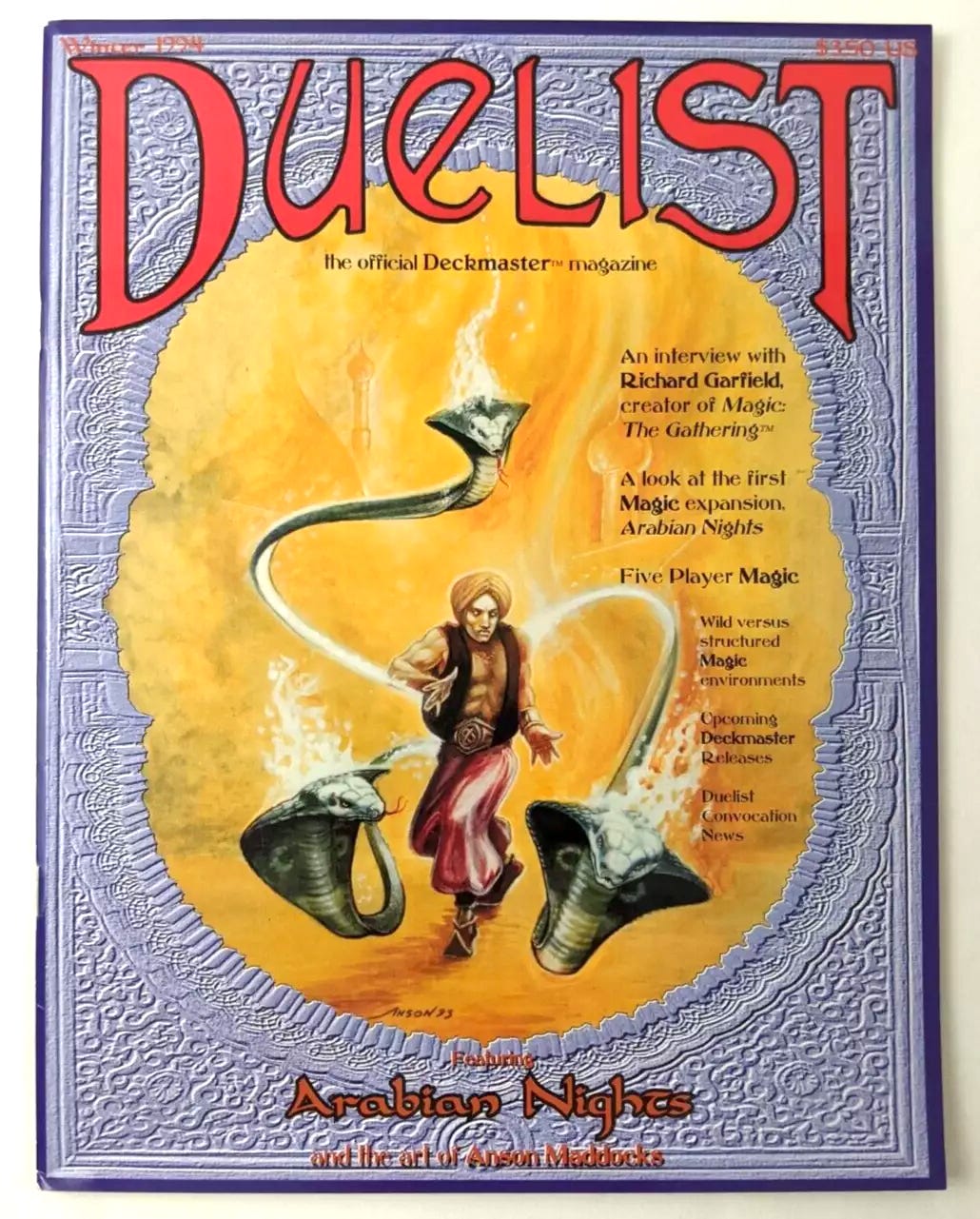
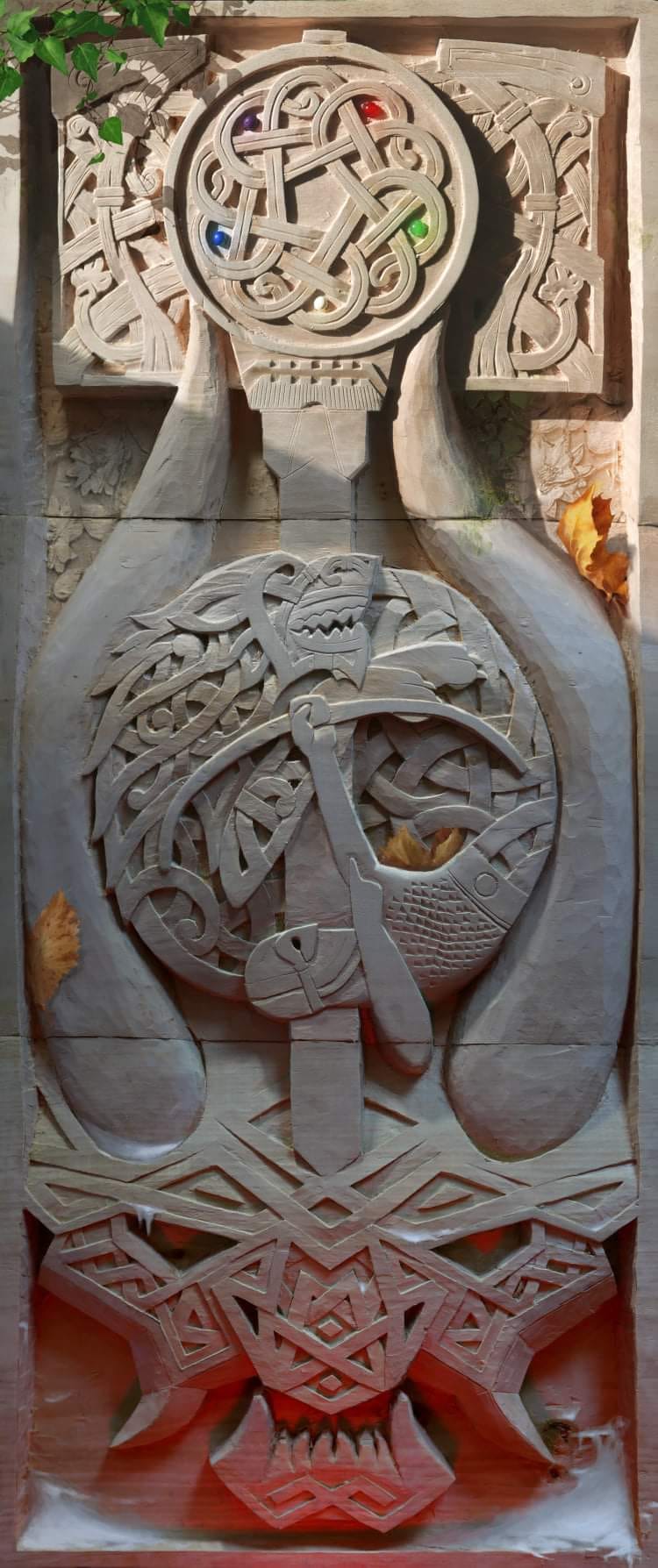
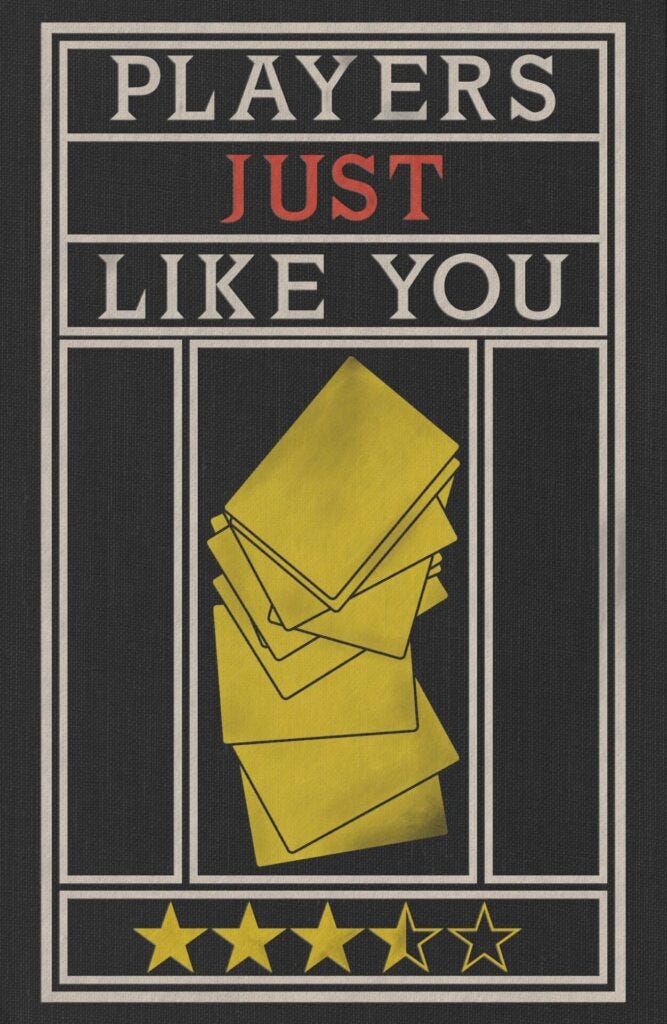
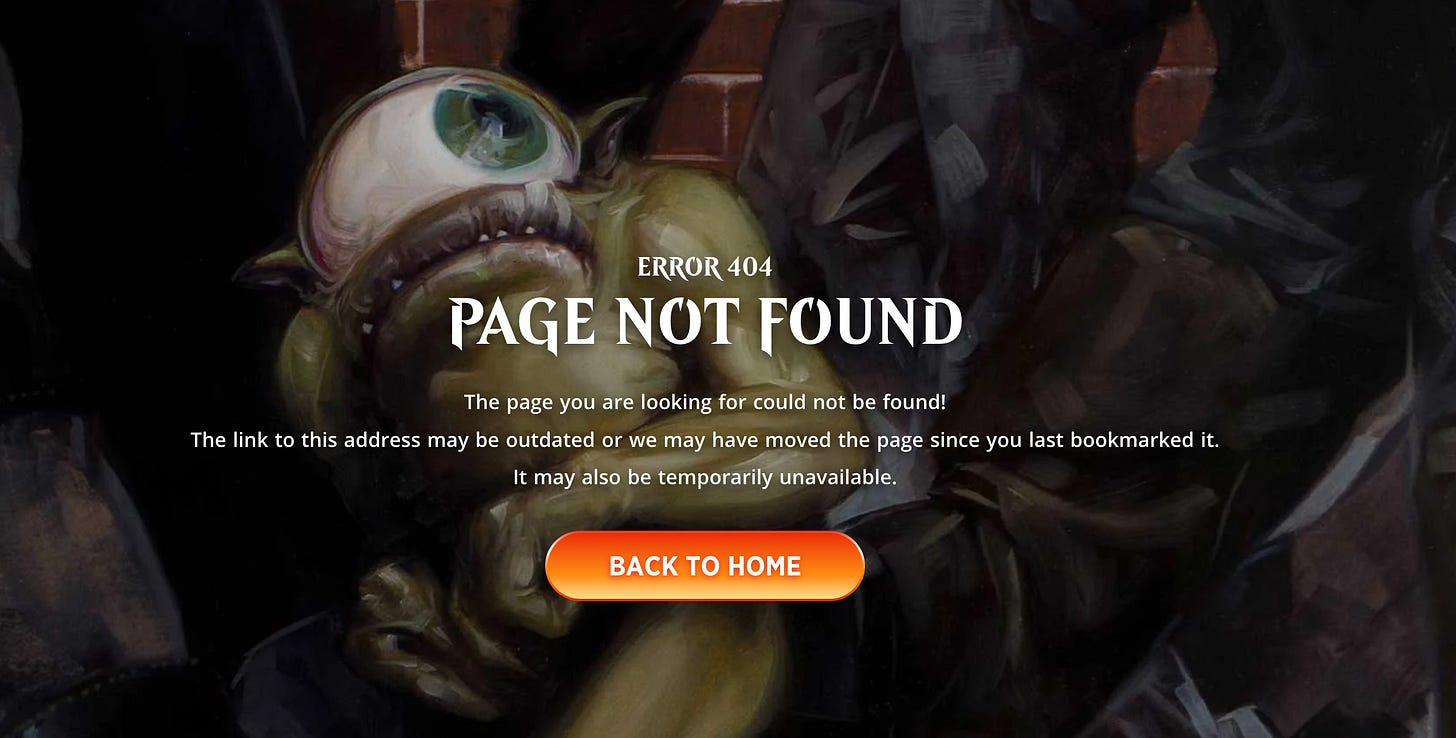
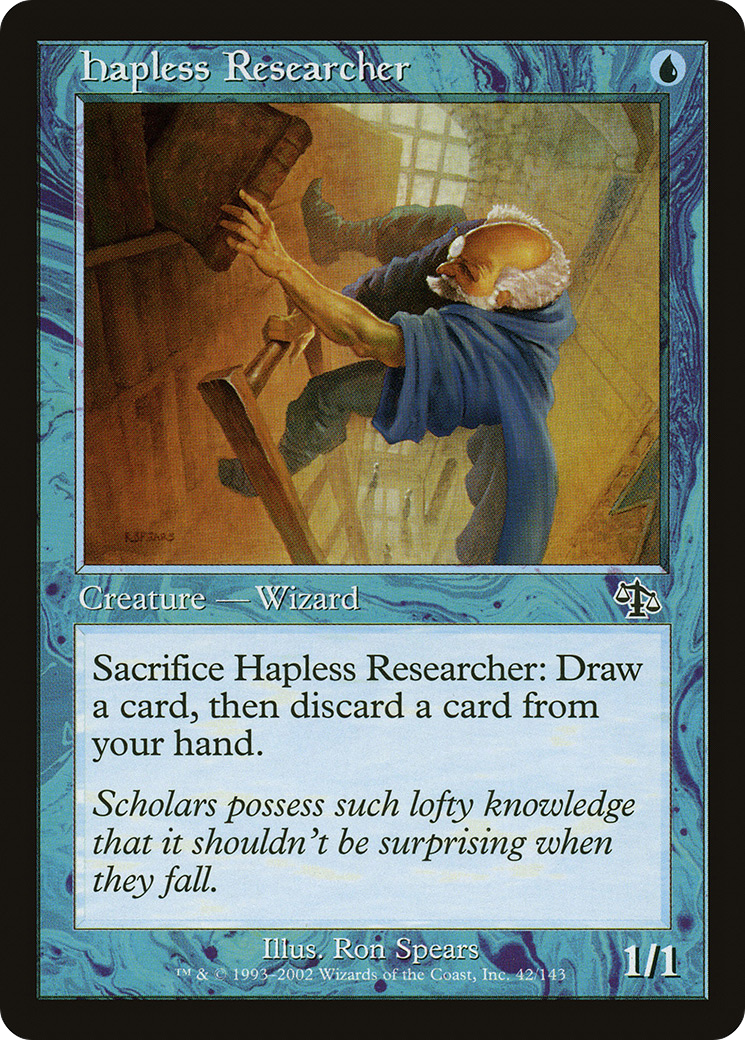
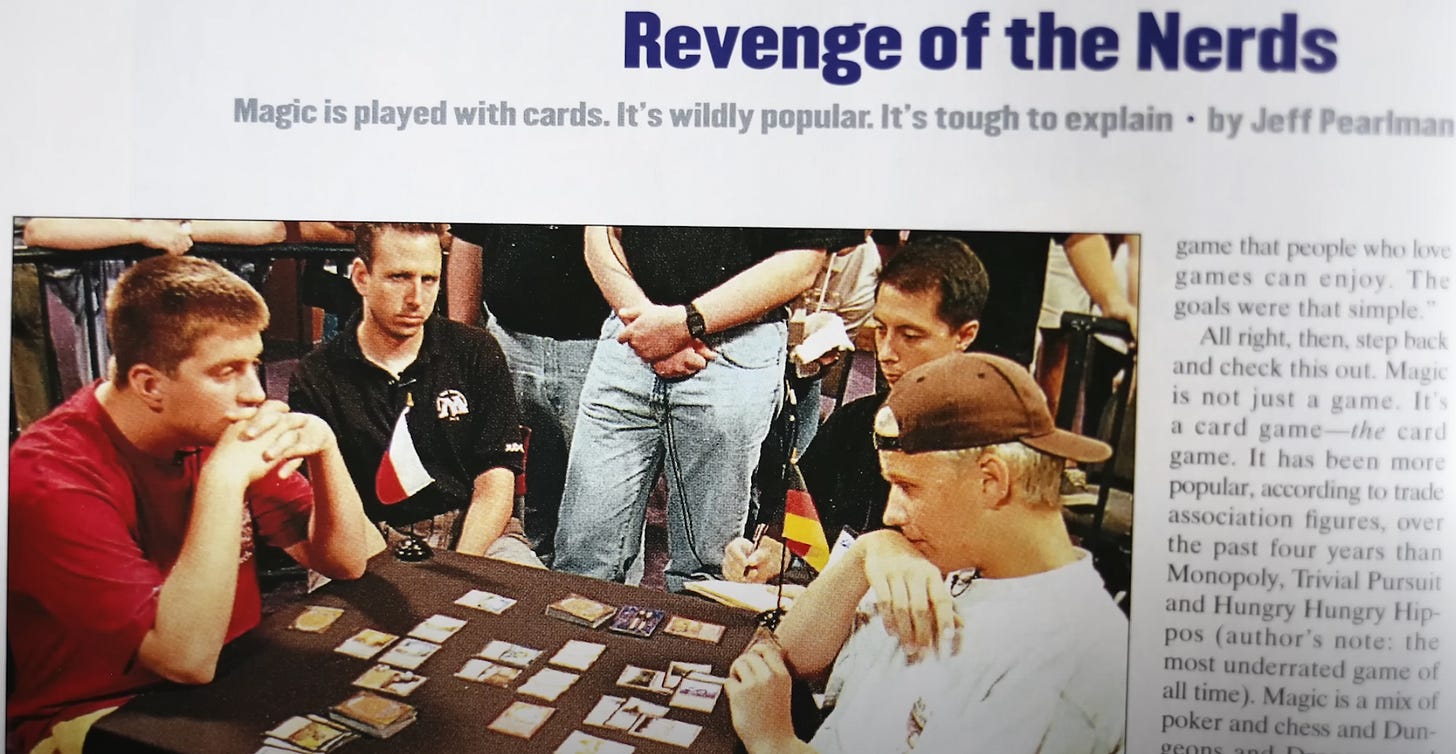
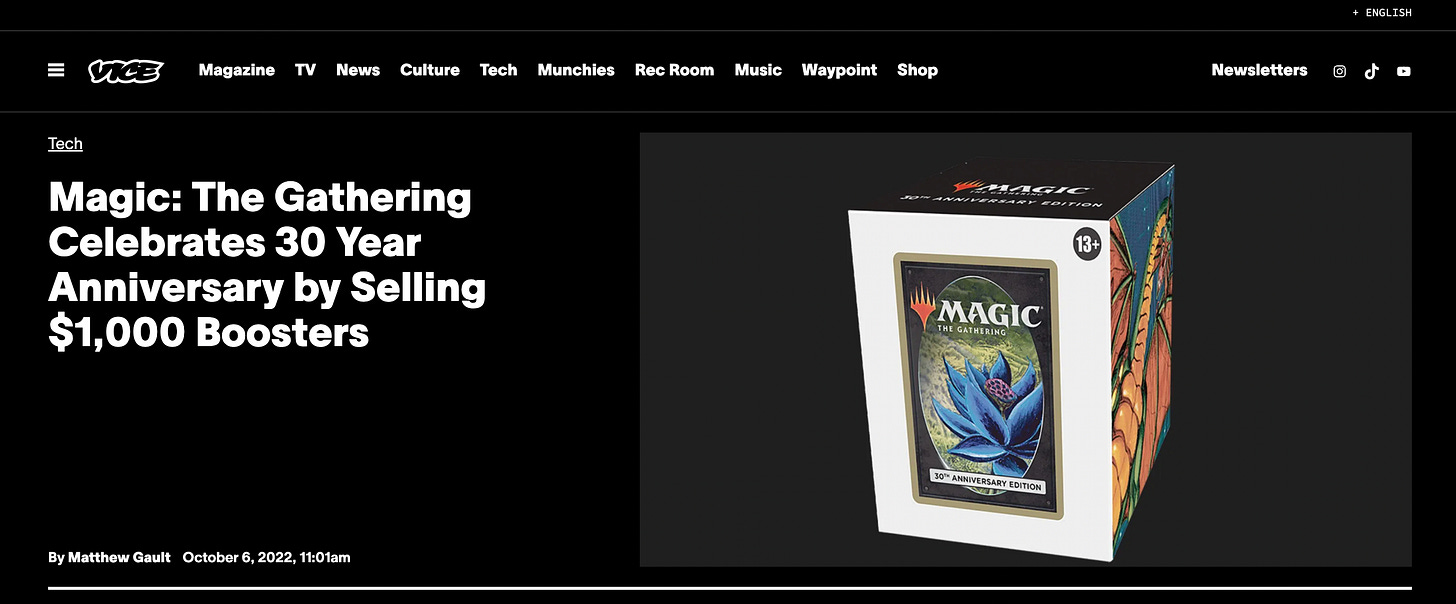
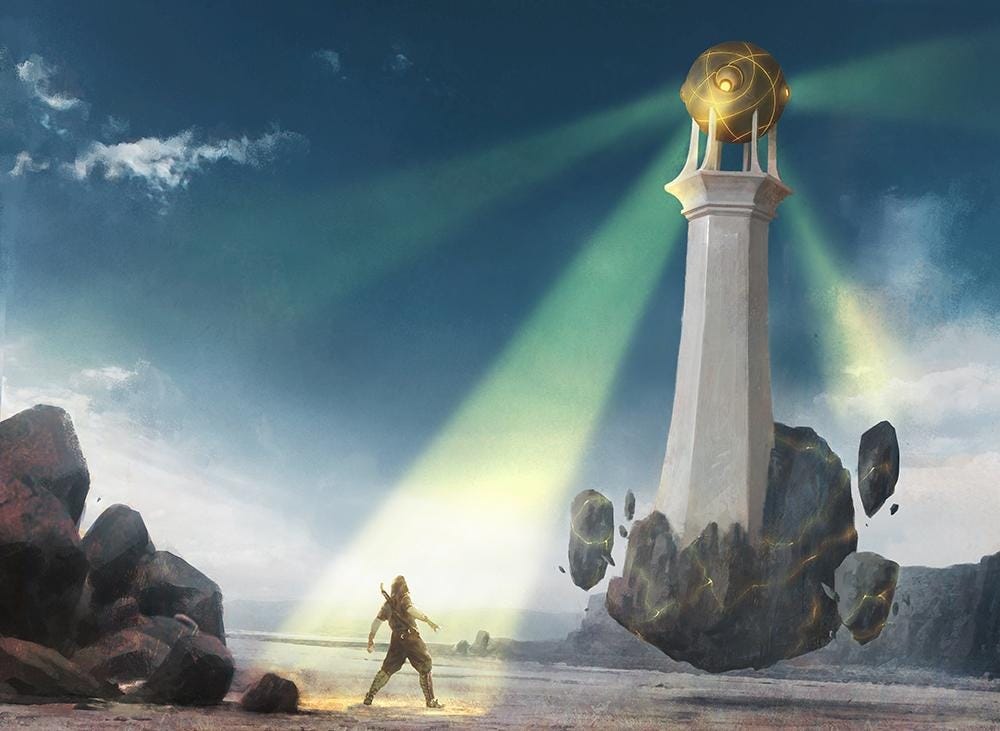
The Vorthos is Dead. Long Live the Vorthos!
I'm a semi-Vorthos. I couldn't keep up with all the sets and just check in to scryfall every couple of months to see what is new. I made a Yargle and Multani deck for fun, but don't really have anyone to play against.
I got into the game at a really strange time -2018. Every set felt like a very big deal then, and it really wasn't that long ago! When my standard decks rotated in 2020, I never felt the need to make a new one. There's just so many dang rules to keep up with, and the sets just started to rocket from one low-stakes episode of scooby-doo to another.
My favorite part about Magic are the planes. I love the settings so much, but there's no longer any sense of weight and mystery to them.